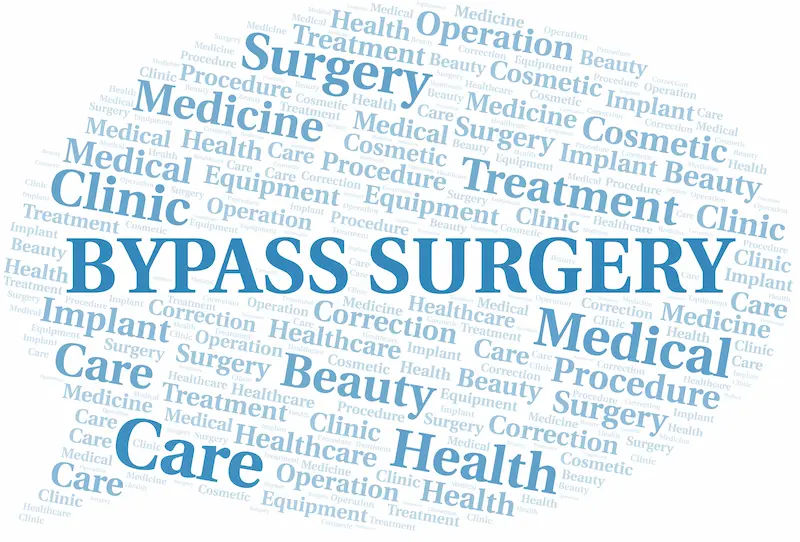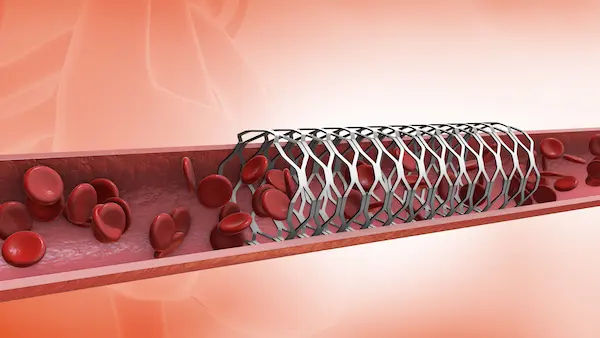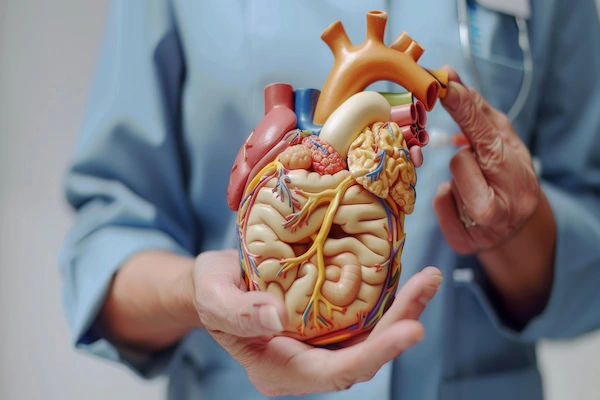- Female
- 65 Years
- 22/01/2025
My mom's been diagnosed with heart issues, and we're really concerned. The doctors say all her heart veins are blocked and are recommending open heart surgery. I'm anxious about the safety of this procedure. Could you let me know the pros and cons? My mom's super worried, and we're hoping everything will be okay.
Answered by 1 Apollo Doctors
Open heart surgery is a common procedure used to treat various heart conditions, including blocked heart veins. The surgery is generally safe, but like any surgery, it carries some risks. The advantages of open heart surgery include improved blood flow to the heart, reduced symptoms such as chest pain and shortness of breath, and increased overall quality of life. However, there are also some disadvantages, such as the potential for complications during or after surgery, a longer recovery period, and the need for ongoing medical management. In your mother's case, open heart surgery is recommended to address the blocked heart veins and improve her heart function. The surgery will help restore blood flow to the heart muscle, which can prevent further damage and improve her overall heart health. It is natural for your mother to feel worried, but with proper medical care and support, the surgery can greatly benefit her health and well-being. As for the safety of the surgery, it is important to discuss any specific concerns with your mother's healthcare team. They can provide detailed information about the procedure, the potential risks and benefits, and what to expect during the recovery process. It is essential to follow their guidance and recommendations to ensure the best possible outcome for your mother. I wish your mother a successful surgery and a speedy recovery.
Dr. Dr Khaleel Suggests...
Consult a Cardiothoracic and Vascular Surgeon
Answered 04/07/2025
0
0

More Cardiothoracic & Vascular Surgery Health Queries
View allMy friend's report says severe calcific aortic valve but no AR, mild MR, no PAH, and normal heart function. No clots or effusion either. Should they consider surgery or can they manage without it for now?
Your friend's situation is complex and requires a cardiologist's expert opinion. While having severe calcific aortic valve stenosis without aortic regurgitation (AR) and mild mitral regurgitation (MR) with normal heart function is a concerning scenario, it doesn't automatically necessitate immediate surgery. Mayo Clinic recommends that surgery for aortic stenosis, including replacement, is a key consideration, even if the patient is asymptomatic. However, the presence of mild MR and the lack of AR, PAH, clots, or effusion suggest a more complex situation that needs careful evaluation
Answered by 1 Apollo Doctors
My mom had a mitral valve replacement about two and a half years ago. Now the doctor is saying there's vegetation on the mitral valve again, and she might need surgery. In the surgical procedure, will they remove the vegetation, or do they replace the mitral valve again? Are there any risks the second time around?
In the surgical procedure for vegetation on the mitral valve, the approach depends on various factors such as the size of the vegetation, extent of valve damage, and presence of any complications. In some cases, the vegetation can be removed through a procedure called vegetation excision. However, if the valve is significantly damaged or if there are complications, a mitral valve replacement may be necessary. For a second-time surgery on the mitral valve, there are potential complications to consider, such as increased risk of infection, bleeding, blood clots, and damage to surrounding structures. It is important for the medical team to carefully assess the risks and benefits of the surgery in your mother's case. The specific medications and dosages prescribed will depend on the individual case and should be determined by the treating medical team.
Answered by 1 Apollo Doctors
I'm dealing with pectus excavatum and it's been really bothering me. It's not just that it's affecting how I look, but I'm also noticing it's impacting my muscle tone and I'm having some issues with my pulmonary function. I'm curious if there's a way to address this without going through surgery. Would love some advice on what might help!
exercising is a significant rile to improve the functions and strength the surrounding muscles, dumbbell pullover
Answered by 1 Apollo Doctors
Disclaimer: Answers on Apollo 247 are not intended to replace your doctor advice. Always seek help of a professional doctor in case of an medical emergency or ailment.





